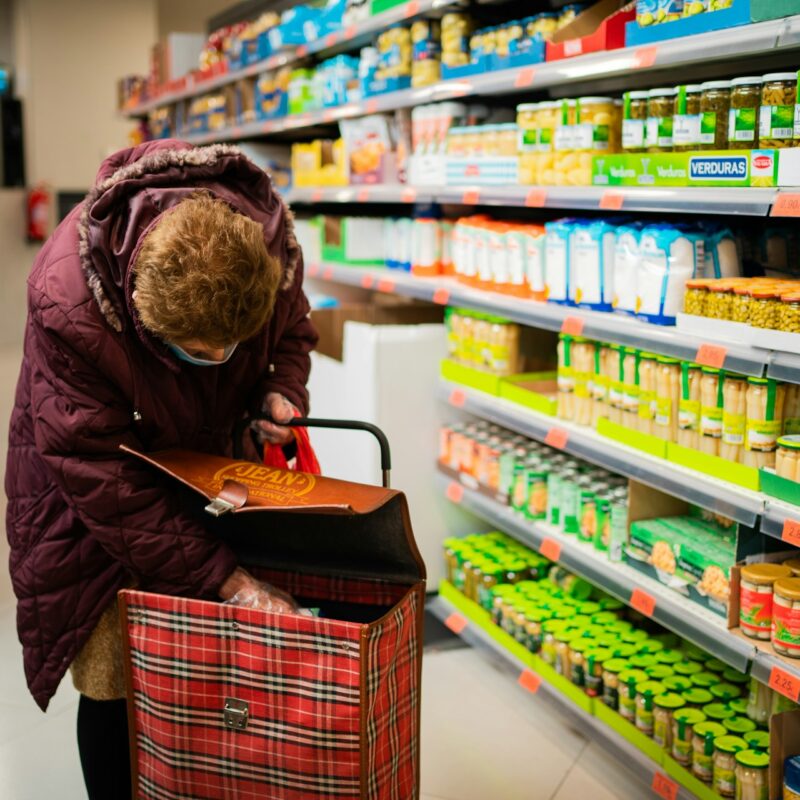Food labelling – REV in the Sejm

On 12 September 2024, another meeting of the standing subcommittee on food safety, elimination of unfair practices in food trade and direct sale and retail trade of products produced on farms was held.
During the meeting, information was presented by the Ministry of Health and the Ministry of Agriculture and Rural Development on the status of Poland’s implementation of the provisions of EU Regulation 1169/2011 of 25 October 2011 on the provision of food information to consumers. The meeting was attended by a representative of the Green REV Institute, Operational Director Anna Spurek, who pointed out during the meeting:
‘that the issue of food labelling is a matter of consumer rights guaranteed by Article 38 of the Charter of Fundamental Rights – Right to Safety (Article 38). Food labelling plays a key role in ensuring the safety of food products, as it gives consumers the tools to assess the risks associated with their consumption. Incorrect labelling, such as a lack of information on expiry dates or ingredients, can jeopardise consumer safety, which would be a violation of this right.
FAO promotes food labelling as an effective tool to protect consumers’ health in terms of food safety and nutrition. With the increase in global trade and the move away from the traditional direct relationship between the producer and the purchasers, buyers of food, there is a greater need for food labels that are clear and can be trusted . Already in 2014, governments affirmed that ‘empowering male and female consumers is necessary through improved and evidence-based health and nutrition information and education to make informed food consumption choices for healthy eating’ .
FAO points to the role of food labelling for:
- preventing food waste;
- the role of food labelling for preventing diet-related diseases: „One of the main drivers for nutrition labelling is the increased prevalence of diet-related non-communicable diseases. These labels can be an effective tool to help consumers make healthy food choices. In order to maximise the potential of nutrition labels and health claims to improve public health, awareness campaigns and education programmes need to be continuously conducted to help consumers understand and use the labels appropriately. The Codex Alimentarius guidelines recommend the following types of nutrition labelling: Nutrition Facts, Reference Nutritional Values, Quantitative Ingredient Information (QUID), Nutrition Claims and Health Claims.” ;
- countering food fraud to which consumers are exposed;
- knowing the country of origin of foods and how they are produced.
The FAO has indicated for years that there is a need to harmonise approaches, in particular with regard to front-of-pack labelling, to avoid confusion for consumers and to enable them to compare products. A mandatory FOP would extend the scope of labelled foods and include warnings as well as encouraging messages.
The European Commission was due to present a sustainable food system regulation in 2023. We are still waiting for it.’
Photo: Unsplash

